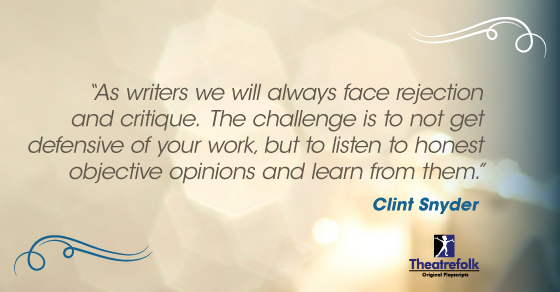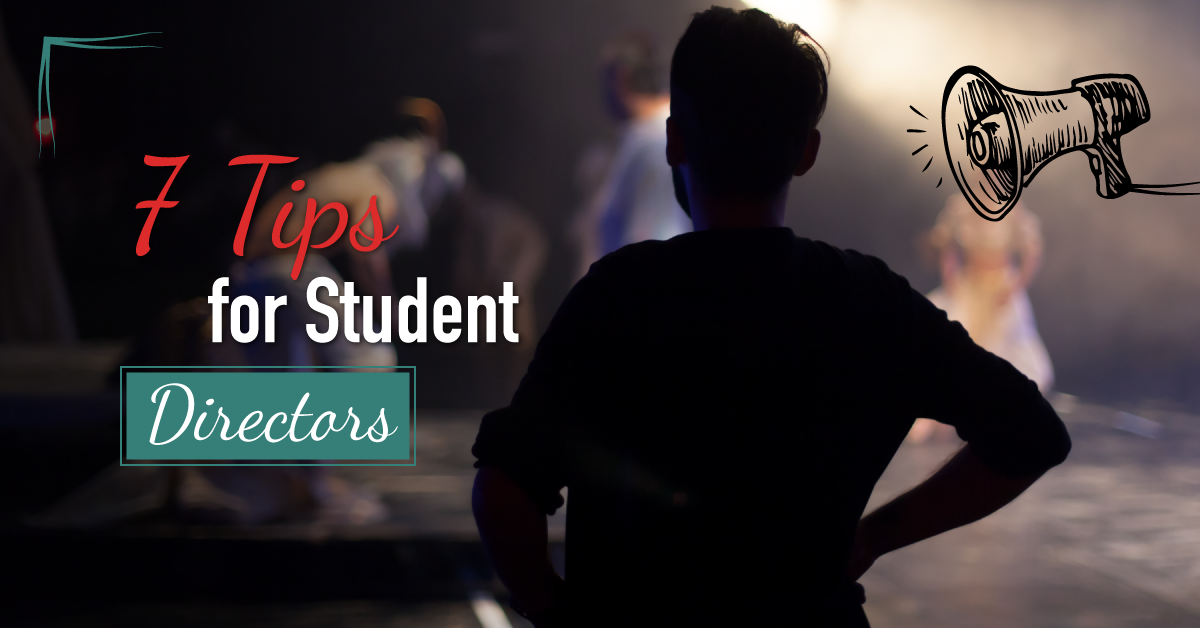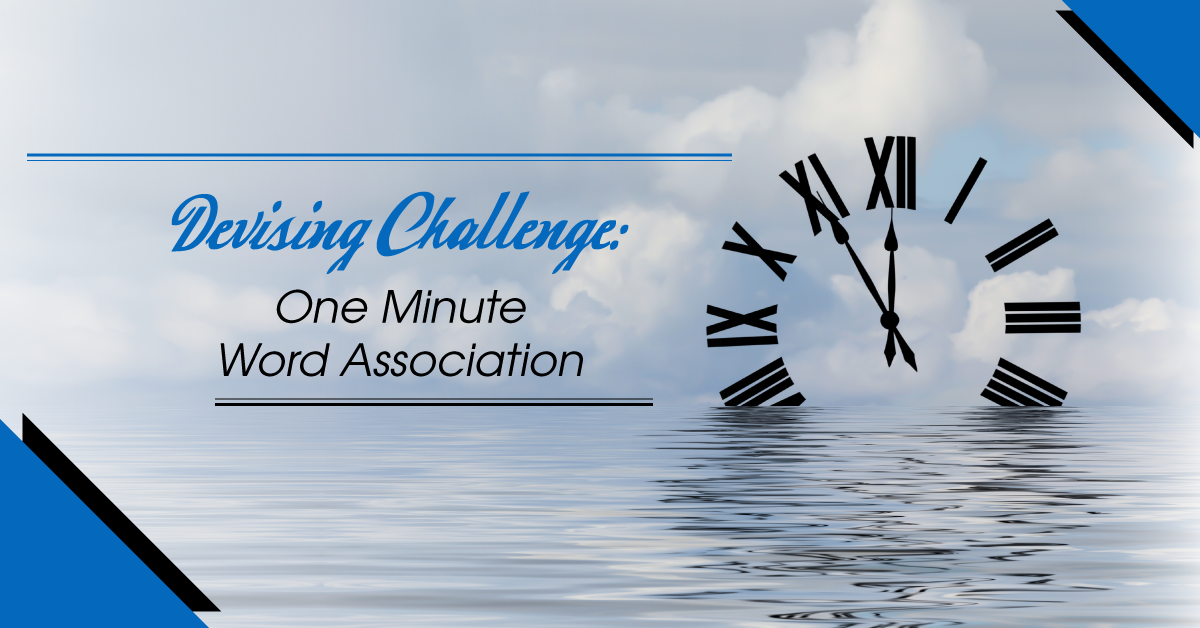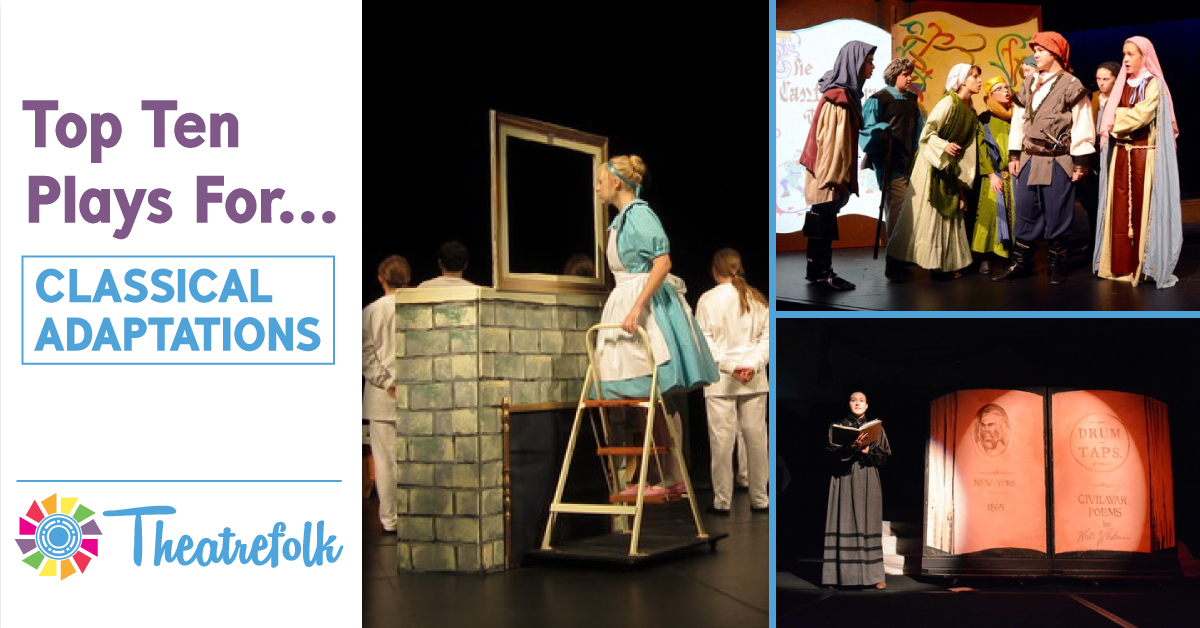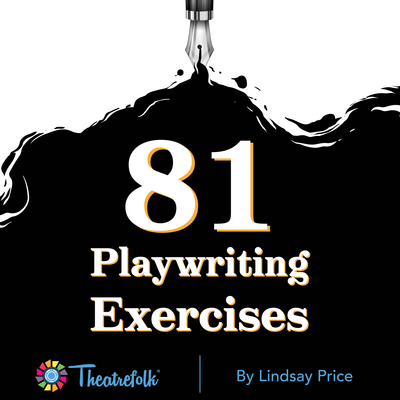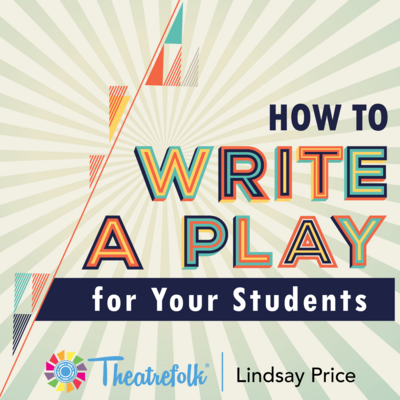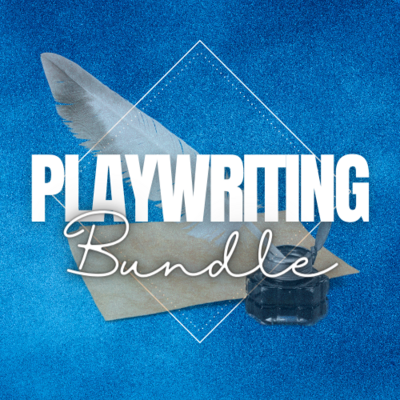5 questions with Clint Snyder
We have a great community of amazing playwrights here at Theatrefolk that contribute to our collection of middle and high school plays. We hope you’ll enjoy this peek behind the curtain as they share how they approach the creative process, how they overcome challenges, and what advice they have for young playwrights. Don’t forget to check out their work!
Meet Theatrefolk Playwright Clint Snyder – the author of many popular plays including Lord of the Pies and To Kill a Mocking Birdie.
What was your first theatrical experience? How did it impact you?
My first theatrical experience was not actually on stage. I was involved with my school’s speech team (forensics) and my love of theater and writing really grew out of that. I performed a piece by Christopher Durang and an original parody I wrote called
Al in Wonderland
. Looking back on it, it really imprinted on me an absurd style of writing that I have grown to love and use to express myself.
Why do you write plays?
I see writing is a way of learning about myself. I don’t always know exactly where the story is going to go, but I have the characters formed in my head and I just write. In the case of some of the parodies I write, Lord of the Pies for example, I am not just mocking the work that I am parodying, but I try to throw in some social commentary as well. With theater and comedy in particular you have a chance to slap an audience in the face with a very opinionated viewpoint and have them laugh at themselves. The play is really how quickly society degenerates into a disorganized cluster of fear led by a woman wearing a cat sweater.
What’s the most challenging part of writing a play?
The most difficult part about art in general can just be separating yourself from the work. It has taken me a long time to be able to look at my life objectively and write about it. If you go into a play with a clearly prejudiced opinion about one of your characters it will show in the writing. When I wrote
To Kill a Mocking Birdie
for example, I have a character that is convinced she is a glazed Virginia ham. When I wrote that character I did not tell myself not, “Wow, this person is insane and they think they’re a cured meat product.” Instead I put on my writer’s cap and said, “I am a glazed Virgina Ham… and how do I feel about my situation right now.”
How do you address/overcome those challenges?
I think not taking things too seriously is a huge part of it. As writers we will always face rejection and critique. The challenge is to not get defensive of your work, but to listen to honest objective opinions and learn from them. As a young playwright I feel like I’ve not only learned some of my strengths and weaknesses in my writing, but also as a person. We have a unique opportunity in theater, not just to put ink to paper, but to bring a world to life on stage and anytime I get down on myself for failing, I try to remember how blessed I am to have been given that opportunity and ability.
What advice do you have for young writers struggling to finish a draft?
Turn off the television, sign off of Facebook and get the ink on the paper. A lot of writers will procrastinate because they are worried to fail, but you are only really failing if you never try.
Related Articles
81 Playwriting Exercises
by Lindsay Price
81 exercises that can be used to get students in the habit of writing on a regular basis.
How to Write a Play for your Students
by Lindsay Price
You’ve chosen to write a play for your students! Where do you start?
Resource Bundle - Playwriting
Use these 4 Playwriting drama teaching resources to make playwriting possible with your students. Great for warm-ups, prompts, writer's block and more!
